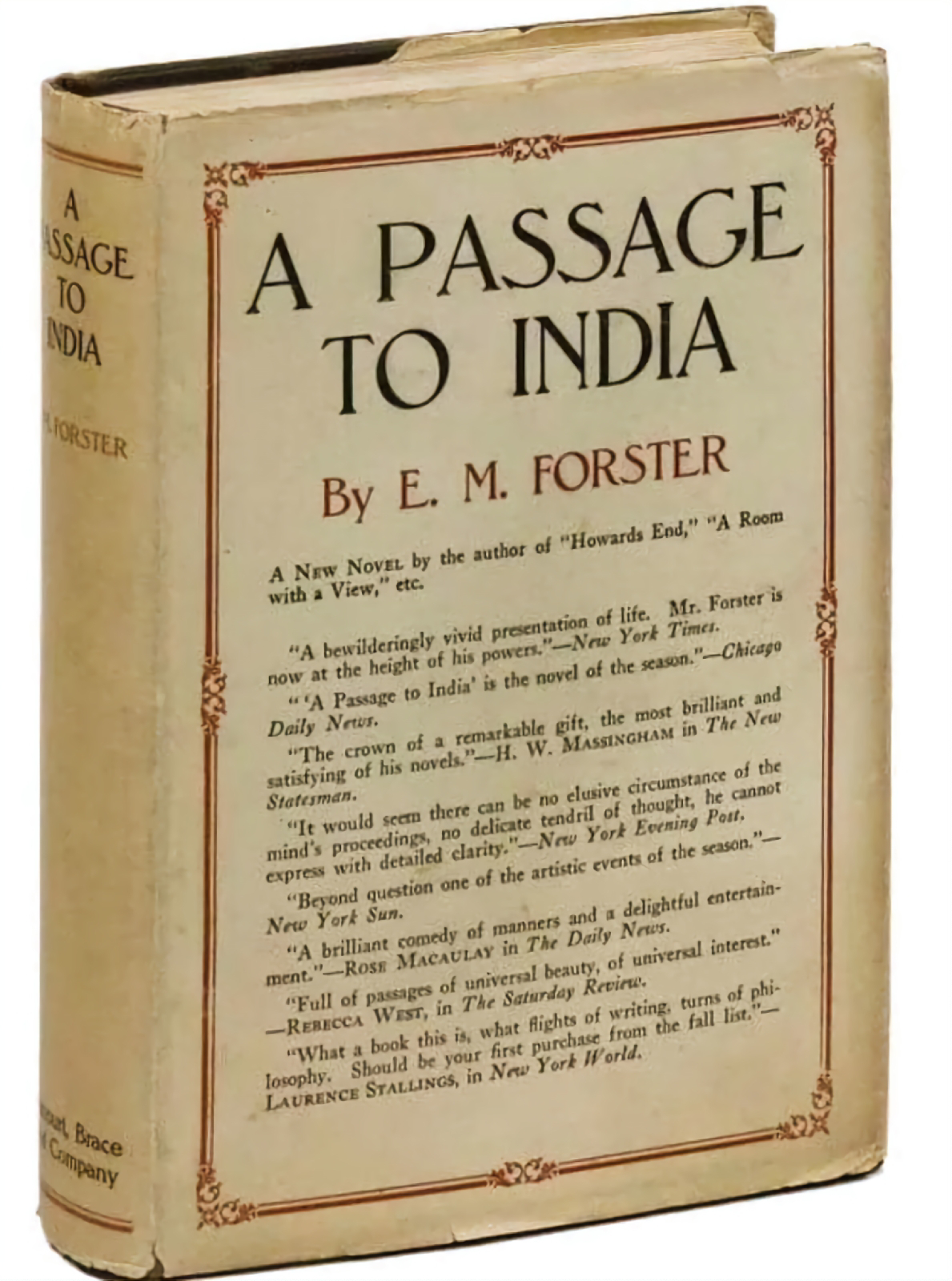E.M. Forster's "A Passage to India" stands as a profound narrative, eloquently dissecting the convoluted dynamics of British colonialism in India during the early 20th century.
E.M. Forster's "A Passage to India" stands as a profound narrative, eloquently dissecting the convoluted dynamics of British colonialism in India during the early 20th century. The novel, through its intricate weave of characters and events, illuminates the intricate interplay of power, prejudice, and cultural dissonance.
Central to the story is Adela Quested, a young British woman, whose journey to India is not just a physical traverse but also a deep, internal voyage into the heart of colonial ethos. Forster brilliantly uses her character to reflect the naivety and idealism often associated with those who view colonial lands through rose-tinted glasses. Her initial eagerness to discover the 'real India' gradually morphs into a profound disillusionment, mirroring the larger narrative of colonial disenchantment.
At the core of the novel is the exploration of "otherness" - a theme that resonates powerfully through its pages. Forster delves into the psyche of both the colonizers and the colonized, unveiling the layers of fear, suspicion, and profound misunderstanding that stem from viewing each other as fundamentally different. This 'otherness' serves as a barrier, fostering an environment rife with mistrust and alienation.
Forster's narrative prowess shines in his refusal to succumb to simplistic character portrayals. Instead, he paints each character with strokes of complexity and depth, allowing them their own motivations, fears, and desires. This nuanced characterization provides a rich canvas that reflects the multifaceted realities of human nature.
The novel’s portrayal of cultural clashes, and the resultant struggle for identity and dignity, especially among the Indian populace under British rule, is both poignant and powerful. It not only highlights the arrogance and condescension of the British colonizers but also the resilience and integrity of the Indians in the face of such oppression.
"A Passage to India" transcends its historical context, offering timeless insights into colonialism, cultural identity, and human relationships. Its themes of misunderstanding, prejudice, and the search for connection in a divided world continue to echo in contemporary society, cementing its status as a literary masterpiece. The book, therefore, is not just a novel but a mirror reflecting the enduring complexities of human interactions and societal structures.


